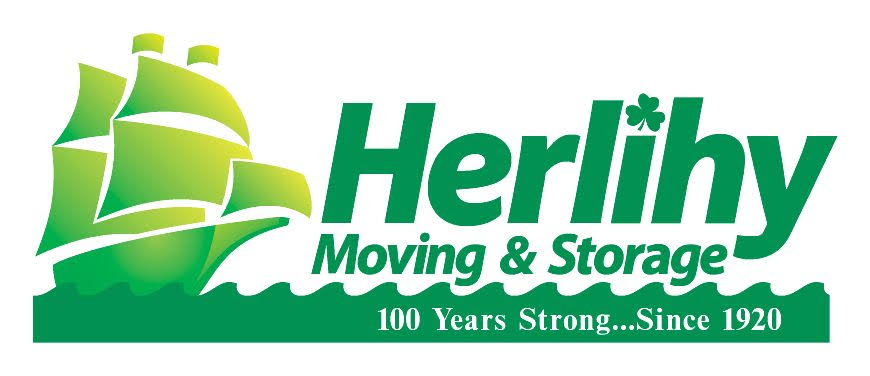28 Sep
What Hazardous Items Household Movers Cannot Move, and Why
Posted By: herlihywp Comments: 0 Categories: Moving Tips
The anticipation and anxiety of a move are common emotions. While it’s tempting to pack everything and let the household movers take care of it, there are specific items that professional movers won’t touch, primarily for safety reasons. Knowing what these items are can make your move smoother and safer. Here, we’ll identify hazardous materials that moving companies typically avoid and explain why.
Flammable Items
Movers refrain from transporting highly flammable items due to the obvious risks of fires and explosions. These items include gasoline, propane tanks, lighter fluid, and some household cleaners. The danger lies not just in transportation but also in storage. A minor spark or extreme heat can ignite these substances, putting the entire moving truck, storage facility, and people at risk.
Chemicals and Cleaning Supplies
Many household cleaners contain chemicals that can be hazardous if spilled. Bleach, ammonia, and drain cleaners fall into this category. When mixed unintentionally, certain chemicals can cause harmful fumes or even explosions. For both the safety of the movers and your belongings, it’s best to dispose of these items properly or transport them in your vehicle.
Paints and Paint Thinners
Paints, paint thinners, and wood stains are other items movers commonly leave behind. These substances are not only flammable but can also produce toxic fumes. The risk of spillage adds a layer of complication, making them too risky to transport.
Perishable Foods
While not hazardous in the traditional sense, perishable foods are also on the movers’ “do-not-move” list. The potential for spoilage is high, especially during long-distance moves. Spoiled food can attract pests and produce unpleasant odors, complicating the moving process and potentially damaging other items.
Explosives and Fireworks
It might seem obvious, but it’s worth mentioning that explosives, including fireworks, are strictly off-limits for movers. These items pose a significant risk of explosion (it’s what they do), making them unsafe to transport. Always check local regulations for proper disposal methods or plan to transport them yourself under safe conditions.
Batteries and Electronics
Certain types of batteries, particularly lead-acid batteries and some electronics, can leak corrosive substances or pose fire hazards. While alkaline batteries and smaller electronics may be acceptable, larger batteries and certain electronic waste types should be handled cautiously. Ensure they are appropriately packed, and consider transporting them yourself.
What to Do With These Materials
If you cannot transport these materials yourself, hazardous material disposal must be handled properly. These items pose serious health and environmental risks. Many municipalities have special locations or “disposal” events where you can take your items to be properly handled. Call your city or town administration for information or your household disposal service company.
You Don’t Have to Face This Move Alone!
Understanding what your movers can and cannot transport helps you to plan accordingly, ensuring a safer, more efficient relocation. By managing these hazardous materials yourself, you can focus on the exciting part of moving—settling into your new home. We can help get you to your new home safely and efficiently. Contact us for a free quote.



